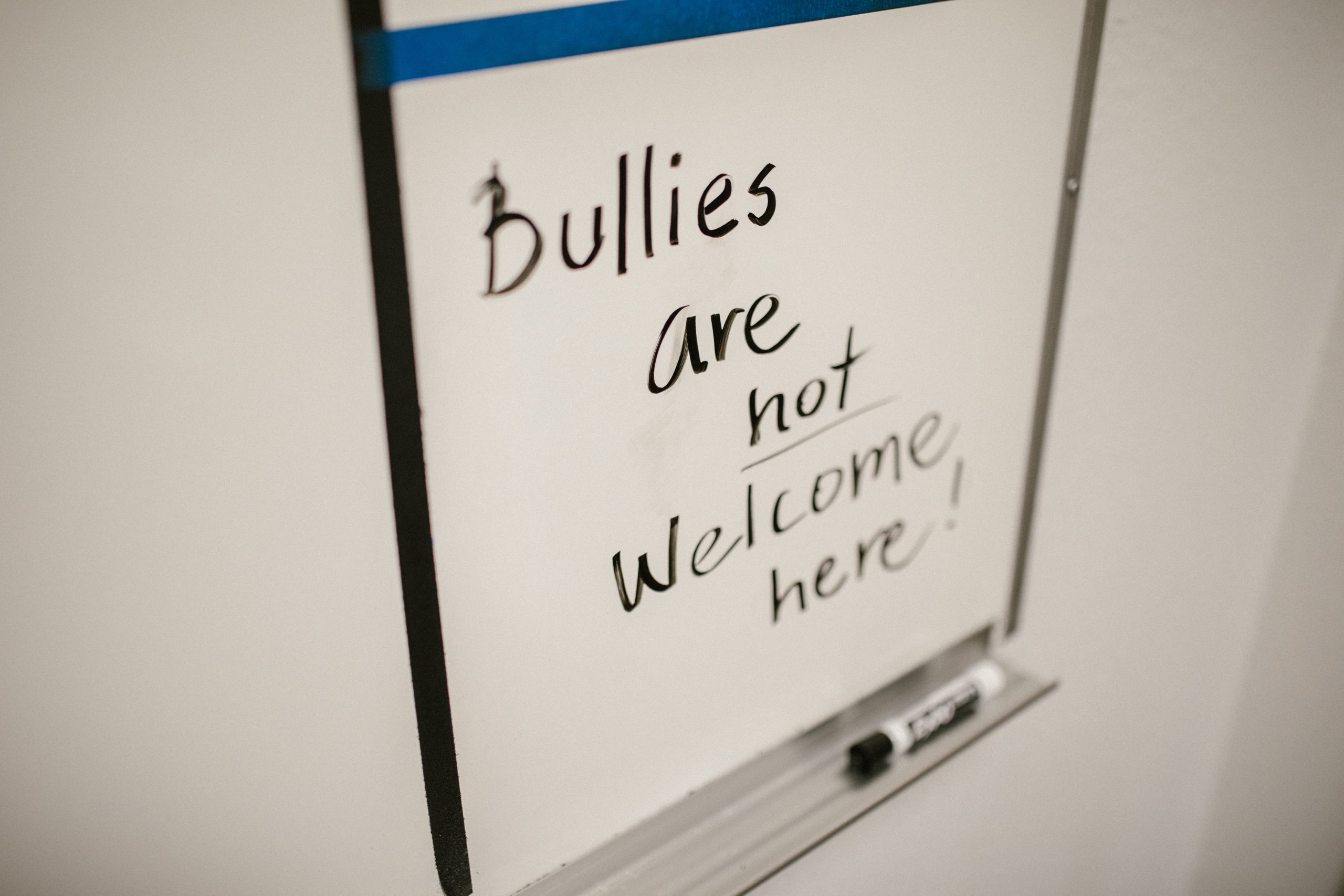The active bystander approach was introduced to reduced abuse and sexual assaults against women in university settings but would be equally appropriate and effective in challenging racism in the workplace.
We are all bystanders. We witness events unfolding around us. Sometimes we recognise events as being problematic. When this happens, we make a decision to do or say something or to simply let it go. There are many factors which will influence why we decide to intervene or not but when we do decide to intervene, we are sending a clear message to the wrongdoer that their behaviour is socially unacceptable.
Does anyone seriously consider that it’s ok to call a colleague of Asian heritage by the P word, holding a Muslim colleague down whilst pouring red win into their mouth?
Do we really need to tell people this is wrong? My four old grandson would understand this is “unkind “. My 14-year-old grandson would know it as bullying so it’s not about lack of knowledge its about a sense of responsibility and the confidence to act. Active bystander training can provide this.
There are parallels here with the distinction between not being racist and being anti-racist. It’s not enough to not be racist. It’s not enough to be a bystander and say/do nothing.
Research has identified the barriers to intervention as, embarrassment, assuming someone else will intervene, fear of retaliation or the bully(s) turning on them. Training has been shown to be effective in overcoming these barriers.
Many organisations have impressive sounding policy statements around promoting fairness and inclusion. They have strategies to remove institutional and attitudinal barriers to recruiting a workforce that is representative of the local community. They have mandatory training to address unconscious bias in individuals.
But black and minority employees still report feeling unwelcome and unsupported, that even good people (non-racists) don’t intervene, that their complaints are trivialised or dismissed as personality conflicts and that senior management too often fails to recognise the extent of the problem. The recent revelations at Yorkshire Cricket provide distressing evidence to support these claims.
We need to empower employees to actively intervene in situations of racist bullying or so called “banter”. To date Equality, Diversity and Inclusion has tended to be viewed as the responsibility of HR and managers and employee have had little or no responsibility other than for their own conduct. The idea of the active bystander says that all employees have a responsibility to challenge unacceptable behaviour in team members, to say that’s not funny, that’s hurtful, cruel and wrong, stop it.









